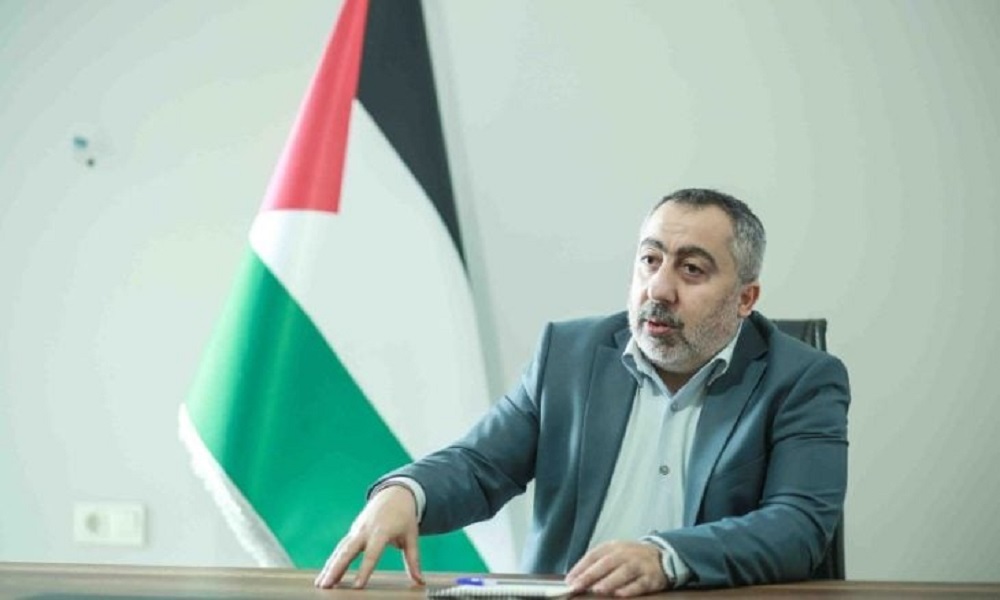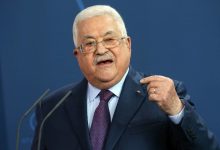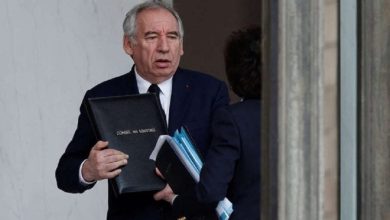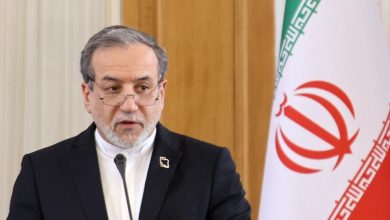Hamas Offers Full Detainee Exchange for Ceasefire and Gaza Withdrawal
Mediators from Egypt and Qatar Work to Bridge Gaps as Hamas Accuses Israel of Failing to Honor Commitments

Watan-Hamas official Tareq al-Nouno said on Monday that the Palestinian movement is ready to release all Israeli detainees in exchange for a ceasefire and Israeli withdrawal from the Gaza Strip.
A Hamas delegation, led by the movement’s leader in Gaza, Khalil al-Hayya, held several meetings with Egyptian officials in charge of negotiations, with Qatari officials participating, in Cairo on Sunday. Hamas and Qatar, as mediators in the ceasefire negotiations, are working to bridge the gap between Hamas and Israel to resolve the crisis and establish a lasting ceasefire.
Al-Nouno, the media advisor to Hamas’s political bureau chief, stated, “We are ready to release all Israeli prisoners in exchange for a serious prisoner swap, a halt to the war, an Israeli withdrawal from Gaza, and the entry of humanitarian aid.” He accused Israel of obstructing the agreement and said the issue is not about the number of prisoners but about Israel’s failure to honor its commitments.

Al-Nouno emphasized that Hamas had “told the mediators that there must be guarantees to ensure Israel’s commitment to the agreement.”
He added, “Hamas has responded positively and flexibly to the ideas presented in the ceasefire and prisoner swap negotiations.”
Al-Nouno also stated that “Israel wants to release its prisoners without moving on to the second phase issues, which involve a permanent ceasefire and complete Israeli withdrawal from Gaza.”
An informed source said that the Hamas delegation “ended its meetings with Egyptian and Qatari officials in Cairo without any real progress.”
Israeli news website Ynet reported on Monday that a new proposal had been presented to Hamas. Under the agreement, Hamas would release 10 living detainees in exchange for American guarantees that Israel would enter negotiations for the second phase of the ceasefire.
The first phase of the ceasefire agreement began on January 19 and included several rounds of prisoner and detainee exchanges. However, the agreement collapsed after two months.
On another note, Al-Nouno said, “The resistance’s weapons are a red line and are not up for negotiation.” He added, “The existence of resistance weapons is linked to the presence of occupation.”






